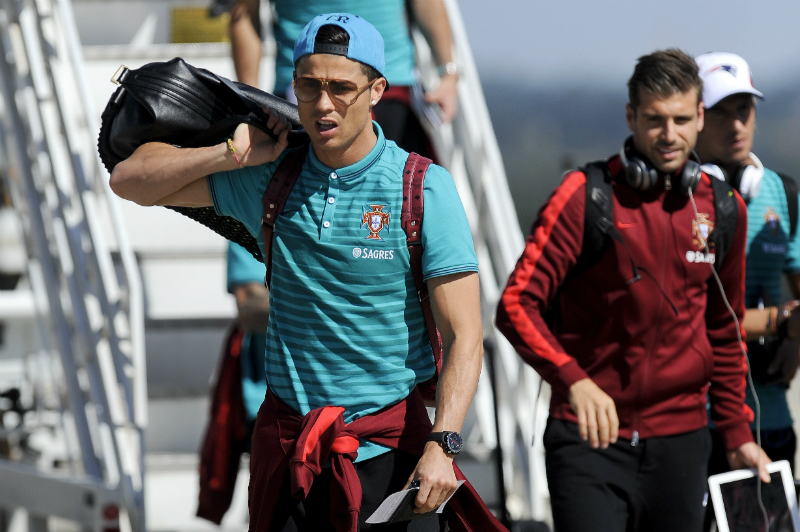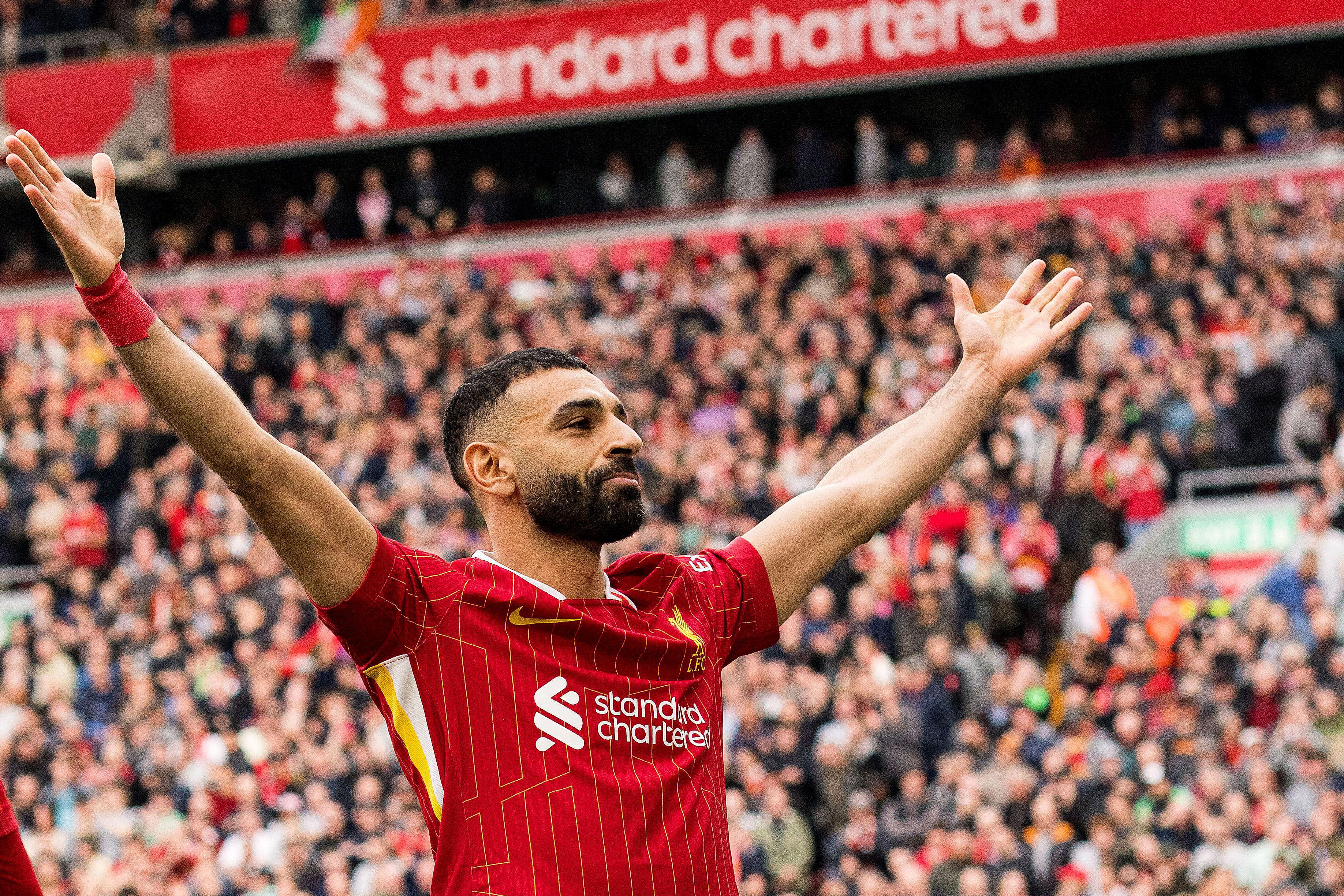5 tips for staying sharp on the road
Make sure your travelling doesn't take it out of you with tips from Andrew Barr, director of medicine and performance at New York City FC

1 Stay hydrated
The problem: Drinking plenty of water has many health benefits. However, when you’re travelling the chances of being dehydrated increase significantly, as Barr explains. “Dehydration has a negative impact on performance and skill execution and increases the risk of injury. The body needs to be fully hydrated to function optimally.”
The solution: Bring a refillable bottle with you on your journey and make sure you get the recommended daily dosage, which is about two litres.
2 Prepare for your travel
The problem: If you think a five-hour trip to a Gordan Bansted Junior Cup tie in Scarborough is tough, try hopping on a plane to travel across America like Andrea Pirlo and co have to. "It takes around a day for the body to adjust for every hour the time zone is different," says Barr. "If the team is going to a destination that is five hours ahead, it will take five days for the body to adjust. But, even a short journey in the back of your mate’s car can leave you feeling stiff and tight before that big game.
The solution: Use earplugs and an eye mask to get some quality sleep the night before. Equally, make sure your training workload is lighter the day before you travel.
Get FourFourTwo Newsletter
The best features, fun and footballing quizzes, straight to your inbox every week.
3 Keep moving
The problem: Sitting down in a chair for a few hours may seem like a great way to rest your body, but be aware of the risk for Deep Vein Thrombosis (DVT), which is brought on by poor circulation in your legs.
The solution: Thankfully there are ways to minimise your risk, such as wearing compression garments, or getting up for a walk during the journey. You can even do some exercises in your chair - bring your foot off the floor and rotate your ankle clockwise and anti-clockwise.
4 Sleep on it
The problem: One of the biggest difficulties when travelling is maintaining the quality of your sleep. “Disrupting an athlete's sleep is absolutely terrible for performance and preparation,” Barr explains. “It can really increase the risk of injury. Sleep is one of, if not the most important factors in preparing for performance.”
The solution: Sleep helps with freshness, alertness and creativity – which is vital if you want to produce moments of magic on the pitch. It also improves your focus and ability to retain information. Good sleep, as Barr explains, also keeps you on the pitch and off the treatment table. "If you're struggling to get your 40 winks, consider meditating or adding supplements to your diet like zinc and melatonin. Limiting your caffeine intake is also a good way to prevent you from staying up too late. “
5 Avoid the junk food before and after travel
The problem: The temptation is always there, every service station and airport in the world has a fast food outlet somewhere and that can make burger and chips seem like the most appealing item on the menu.
The solution: Swap the fast food for the healthy option. "Sleep deprivation from travel can create cravings for unhealthy foods, which is not good fuel for optimal performance," Barr explains. “That in turn will have a knock-on effect as the junk food will only keep you up late into the night, beginning the vicious cycle of bad sleep leading to more bad food."
Recommended for you:
Get better sleep and more energy
